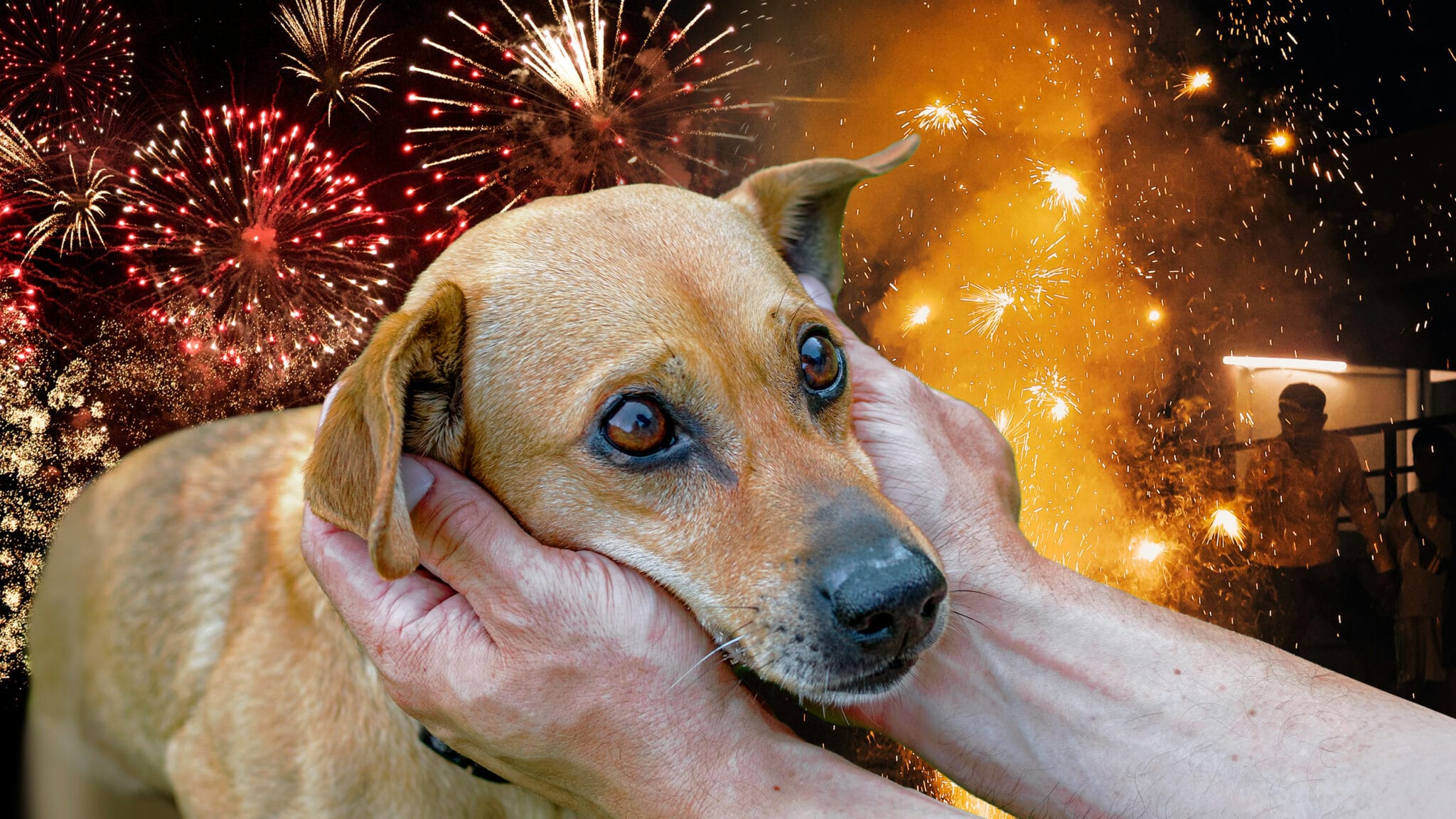I Brought My White Boyfriend to My Spanish-Speaking Home for the Holidays and It Got Emotional
When I brought my partner home to Miami for the Holidays in 2020 — a year that left no one unscathed — I had no real expectations.
I hadn’t seen my family in several months due to COVID-19 and I was just eager to hold everyone I loved close. My partner and I had been living together in Knoxville, Tennessee for about two years and he had already met my family on a small handful of occasions, embracing all of their boisterous, dysfunctional, larger-than-life Cuban personalities.
I wasn’t nervous. Quite the opposite, I was thrilled to finally share all the Holiday traditions that shaped my upbringing. He was excited, too. He had been practicing his Spanish on Duolingo daily and been hounding me on what presents to get for each member of my family.
My family felt the same way. “Que le gusta a los Americanos?” My mom asked. “What do white people like?”
My parents live, and have always lived, in a suburb of Miami that is nearly 95% Latino, their brushes with U.S.-born, corn-fed Americans infrequent at best and non-existent at worst. But they were very interested in my boyfriend, who grew up in the Midwest, and who was a true novelty to them.
Upon our arrival a few days before Noche Buena, my parents greeted us with the usual feast: camarones en salsa, white rice, yuca and mojo sauce, friend sweet plantains, and avocado and tomato salad. It was always my favorite meal to come home to, as there was no carb or fat left behind. Quickly, my boyfriend realized that food as a love language was an inheritance in my family and I had been generously compensated in the will.
The interactions between my parents and my boyfriend were limited at first, typically with me as the translator. They didn’t speak much English; he didn’t speak much Spanish. Still, they somehow created a system which surprisingly worked: each of them spoke in their rudimentary version of the other’s language, to the very best of their abilities, and words began stringing together to form relatively coherent conversations.
The time my boyfriend had spent on Duolingo practicing combined with all the years my parents had lived in America, aided by Ingles sin Barreras and Frank Sinatra, allowed them to forge a kind of creole language, punctuated by his inability to roll Rs and their disinterest in prepositions. “I go store, more bread,” my dad said. And my boyfriend understood. I began to understand, too, that the amalgamation of my two worlds was not only heart-warming — it was fascinating.
On Noche Buena, there was another feast, of course. After dinner, there was dancing and singing encouraged by our last bottle of Havana Club rum, followed by a period of joyous anticipation: at midnight, we could finally hand out and open our gifts. We barely made it to 10 o’clock. My boyfriend later confessed that this seemed a bit odd to him, as he had grown up opening presents early on the morning of Christmas Day. One by one we each took turns approaching the 7-foot Christmas tree at my sister’s house.
Most of the gifts were silly — a whole wheel of Manchego cheese for my dad, an anime poster for my nephew, a framed photo of me for my mom — but some of them struck an emotional chord. My sister handed my partner a long green and gold bag, ideally designed to hold wine bottles. In this case, however, when he looked inside, it contained a rolled up Cuban flag. He didn’t verbalize this, but his glossy eyes said everything. I could tell this was the first time my boyfriend truly felt welcomed into our family.
We spent Christmas Day eating caramel corn and watching holiday movies, as the fondness between my family and my partner began to grow. There was something very sweet about watching my 87-year-old dad try to tell my boyfriend stories from his youth. My dad told him, exerting monumental effort and pausing often to ask for my help, about going to baseball games at Wrigley Field with an American friend he had made at the hotel, who didn’t speak a lick of Spanish. “Like you,” my dad said to my boyfriend, chuckling.
Listening to all this, I realized that it wasn’t language that forged friendships, it was interest, engagement, respect, and understanding — as well as two people who didn’t share the same language could understand one another.
On New Year’s Eve, there was another roast pig, and more delicious fried fixings. When the clock struck midnight, we shoveled grapes into our mouths and made a wish for each month of the upcoming year. My boyfriend didn’t understand this at first. “Do we just eat them all at once?” He asked. “And what are we wishing for?” Health, prosperity, joy, I replied.
This is what happens during the Holidays: we allow a little magic into our otherwise mundane lives, and in return, magical things happen. Your dad and your boyfriend become friends, despite the language barrier. You eat your weight in fried plantains. And time stops just long enough for you to make a wish.
When we returned to Tennessee, my boyfriend secured the Cuban flag to the passenger side window of his car. It billowed proudly everywhere we went.




